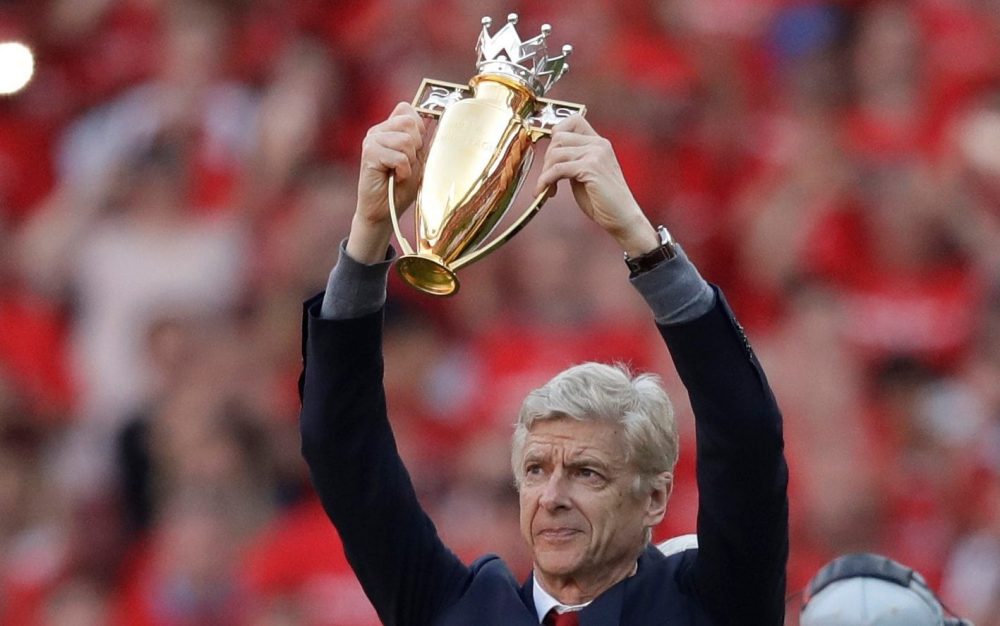To assess the full impact of Arsène Wenger‘s 22-year reign at Arsenal is to examine a seismic shift in both the club’s identity and the broader landscape of English football. The Frenchman arrived in North London in 1996 as a relative unknown, famously headlined by the Evening Standard’s now-infamous question: “Arsène Who?”
What followed was an era of transformation, tactical, cultural and philosophical, that would leave a permanent legacy.
Before long, Arsenal’s football was not only productive, it was exhilarating. The diet, training methods and professional standards Wenger introduced seemed as foreign to English football as the term melbet apk might sound to traditionalists today. But like the digital era’s influence on fan engagement, Wenger’s innovations redefined what was possible in the Premier League.
Under his early stewardship, Arsenal played a brand of football that was both sophisticated and ruthlessly efficient. By the end of his second full season, he had delivered a domestic double, just the second in the club’s history. Players like Patrick Vieira, Dennis Bergkamp, Emmanuel Petit, and Marc Overmars embodied the fusion of steel and artistry that became the hallmark of Wenger’s peak years.
Yet it was the 2003-04 season that immortalised him. The “Invincibles”, unbeaten across 38 Premier League games, stand not just as a statistical anomaly but as a philosophical apex. Wenger’s unwavering commitment to attacking football, belief in player development, and disdain for cynical pragmatism reached its most spectacular realisation. No English team has matched it since.
Critics often point to the nine-year trophy drought that followed the 2005 FA Cup win as evidence of Wenger’s decline. Yet during this period, Arsenal built and moved into the Emirates Stadium, a financial and logistical undertaking that would have crippled most clubs. That Arsenal remained in the Champions League throughout this stretch was, in itself, a managerial feat few others could have achieved.
Wenger’s final years were uneven, punctuated by questions over tactics, signings and squad depth, but he remained loyal to his principles. Even his departure in 2018 was handled with a grace uncommon in modern football.
He left Arsenal not merely as a club manager but as an architect of its modern identity. Arsène Wenger gave Arsenal style, sophistication, global reach and a moral compass. His influence endures in the club’s DNA, in how it aspires to play, and in the expectations of a fanbase still dreaming of something as complete, and as impossible, as the Invincibles.
